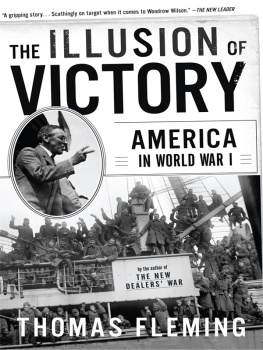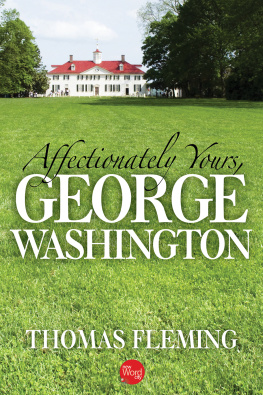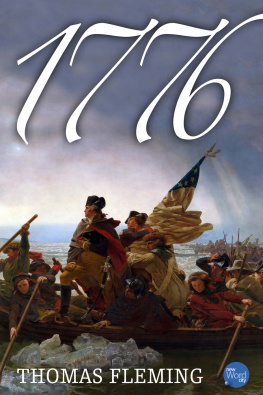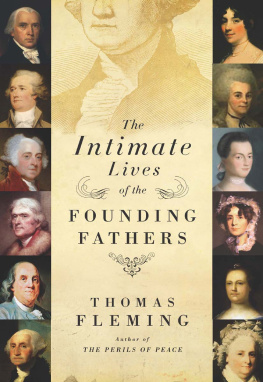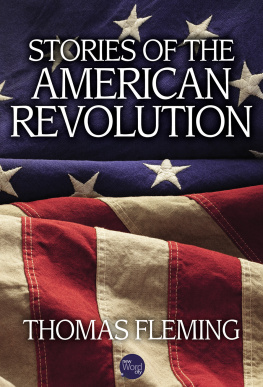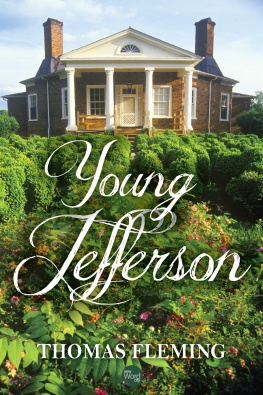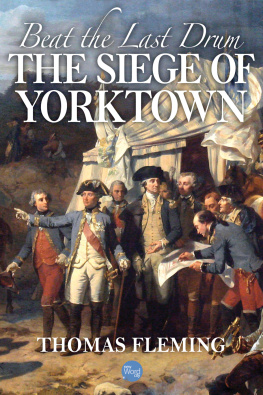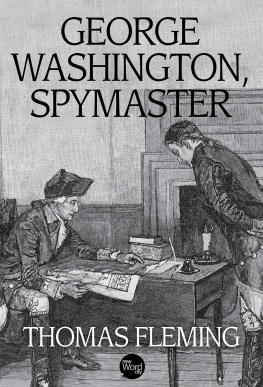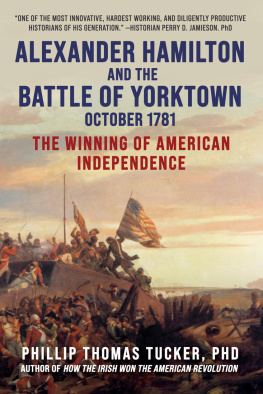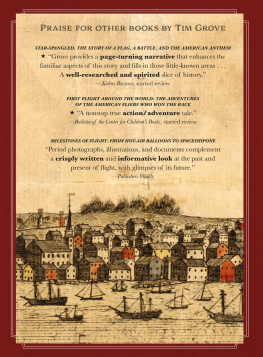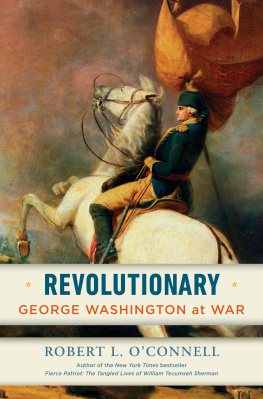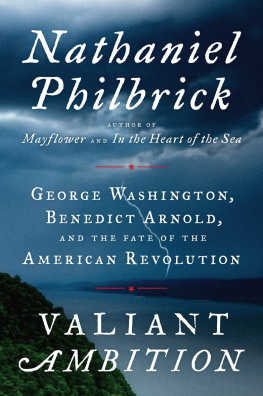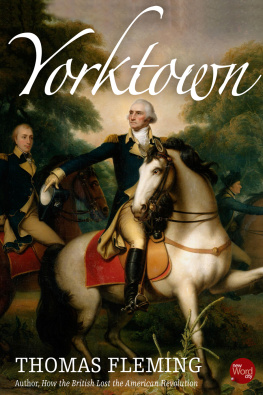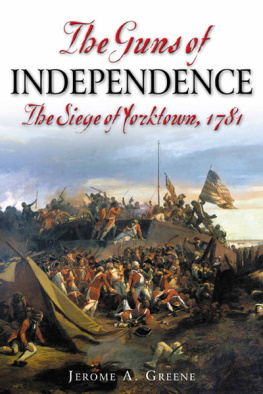Thomas Fleming - The Perils of Peace: Americas Struggle for Survival After Yorktown
Here you can read online Thomas Fleming - The Perils of Peace: Americas Struggle for Survival After Yorktown full text of the book (entire story) in english for free. Download pdf and epub, get meaning, cover and reviews about this ebook. year: 2009, publisher: Harper Collins, genre: History. Description of the work, (preface) as well as reviews are available. Best literature library LitArk.com created for fans of good reading and offers a wide selection of genres:
Romance novel
Science fiction
Adventure
Detective
Science
History
Home and family
Prose
Art
Politics
Computer
Non-fiction
Religion
Business
Children
Humor
Choose a favorite category and find really read worthwhile books. Enjoy immersion in the world of imagination, feel the emotions of the characters or learn something new for yourself, make an fascinating discovery.
- Book:The Perils of Peace: Americas Struggle for Survival After Yorktown
- Author:
- Publisher:Harper Collins
- Genre:
- Year:2009
- Rating:3 / 5
- Favourites:Add to favourites
- Your mark:
The Perils of Peace: Americas Struggle for Survival After Yorktown: summary, description and annotation
We offer to read an annotation, description, summary or preface (depends on what the author of the book "The Perils of Peace: Americas Struggle for Survival After Yorktown" wrote himself). If you haven't found the necessary information about the book — write in the comments, we will try to find it.
Riveting and suspenseful This is history the way we all wish it could be writtenand experienced. Richard Smith, author of Patriarch: George Washington and the New American Nation
On October 19, 1781, Great Britains best army surrendered to General George Washington at Yorktown. But the future of the 13 former colonies was far from clear. A 13,000 man British army still occupied New York City, and another 13,000 regulars and armed loyalists were scattered from Canada to Savannah, Georgia. Meanwhile, Congress had declined to a mere 24 members, and the national treasury was empty. The American army had not been paid for years and was on the brink of mutiny.
In Europe, Americas only ally, France, teetered on the verge of bankruptcy and was soon reeling from a disastrous naval defeat in the Caribbean. A stubborn George III dismissed Yorktown as a minor defeat and refused to yield an acre of my dominions in America. In Paris, Ambassador Benjamin Franklin confronted violent hostility to France among his fellow members of the American peace delegation.
Thomas Fleming moves elegantly between the key players in this drama and shows that the outcome we take for granted was far from certain. With fresh research and masterful storytelling, Fleming breathes new life into this tumultuous but little known period in Americas history.
Thomas Fleming: author's other books
Who wrote The Perils of Peace: Americas Struggle for Survival After Yorktown? Find out the surname, the name of the author of the book and a list of all author's works by series.


